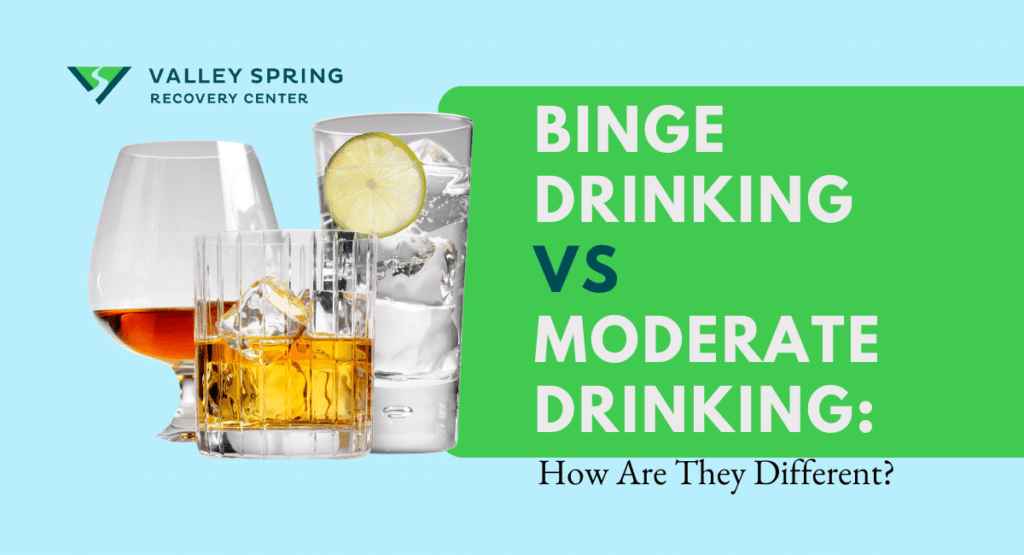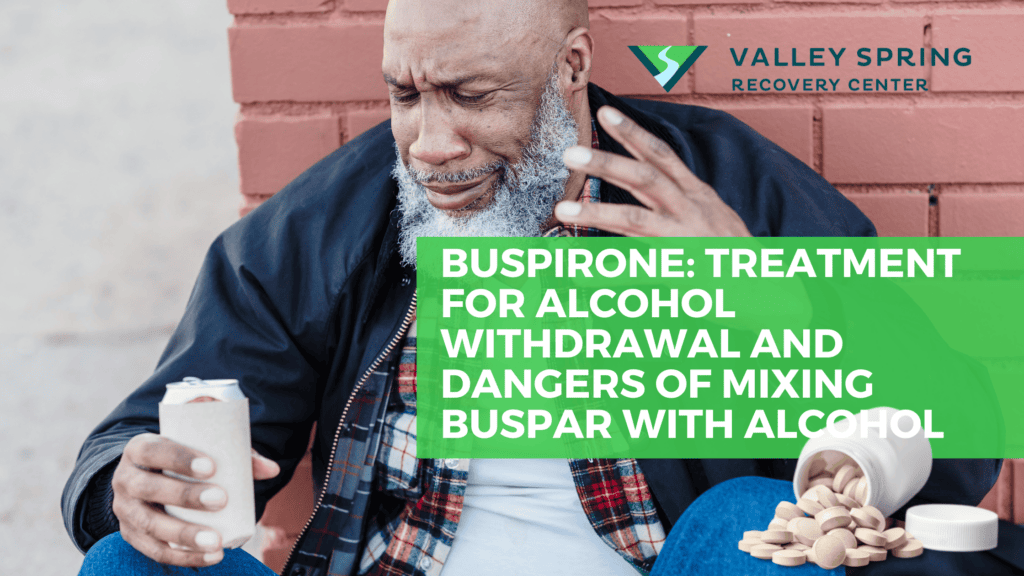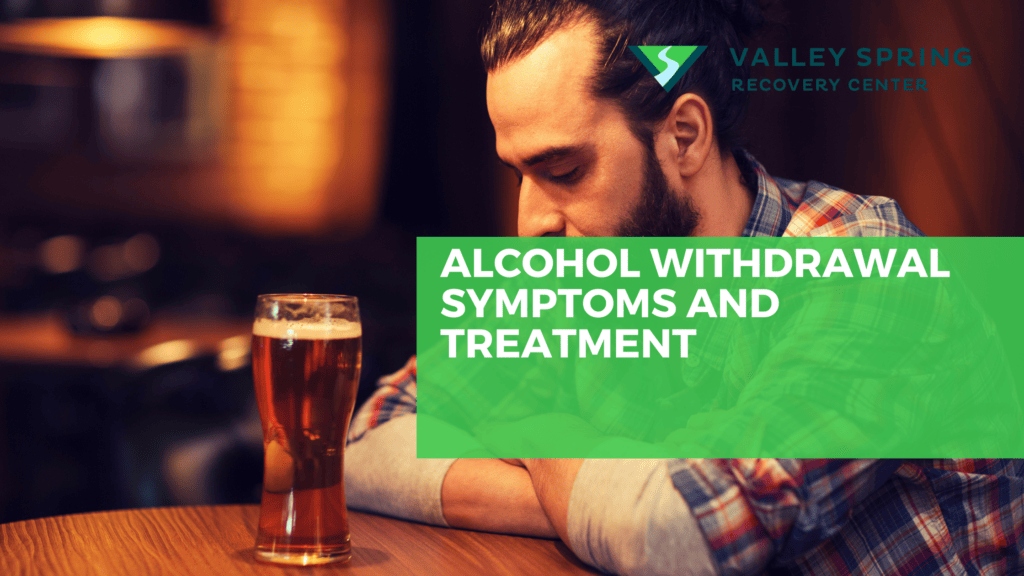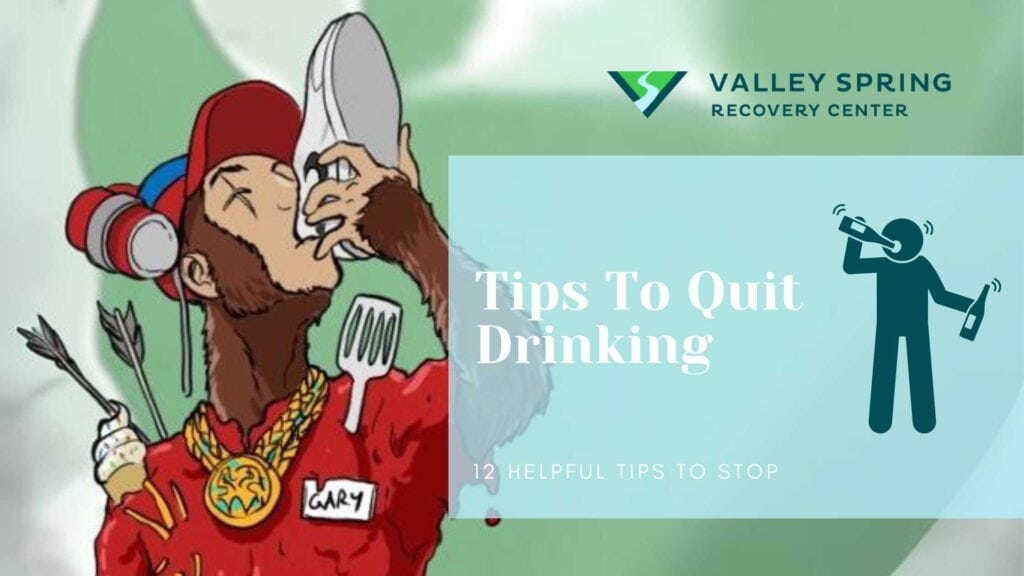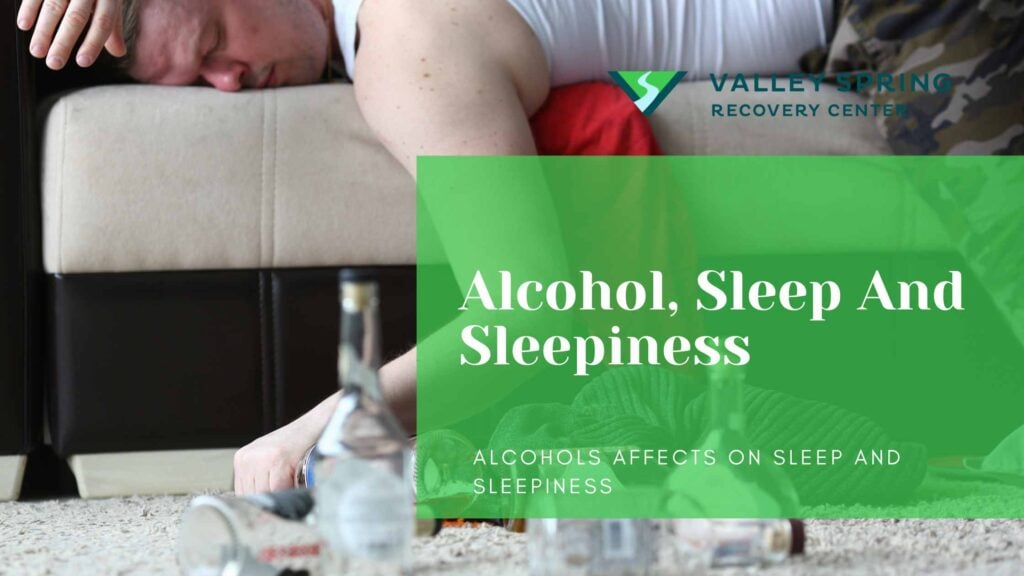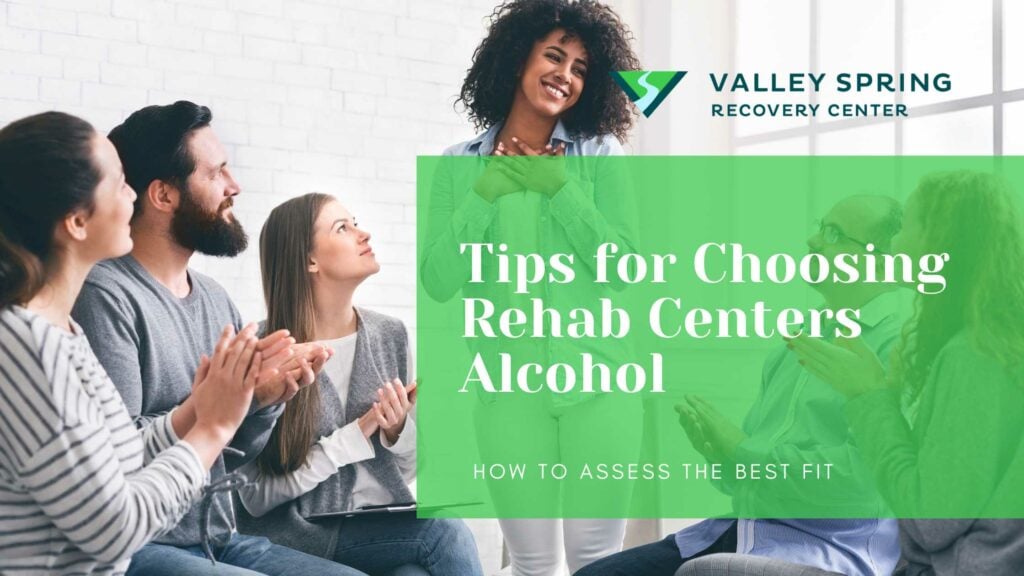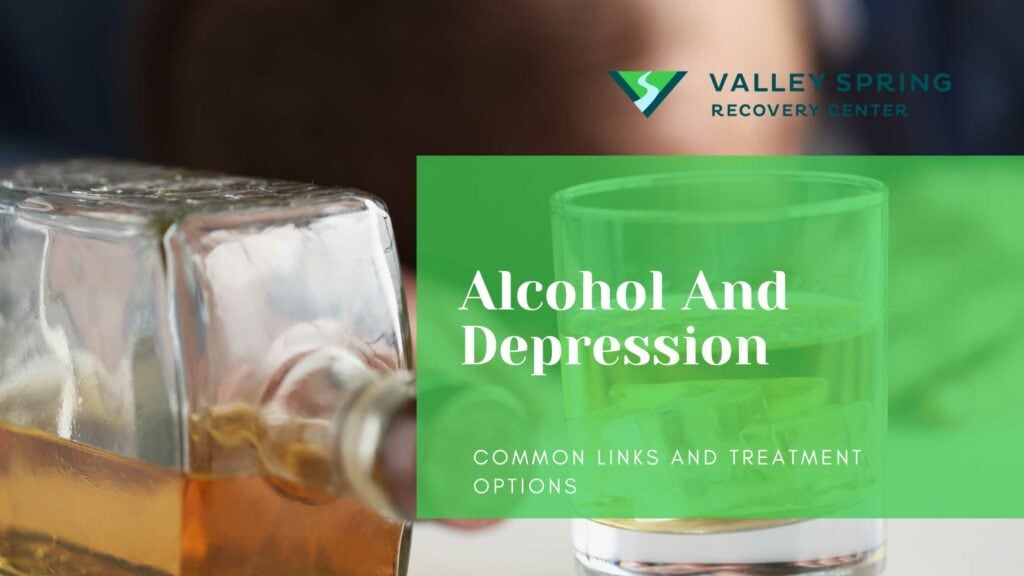Alcohol consumption is a common social activity that takes various forms and patterns. Two contrasting patterns of alcohol consumption that often come up in discussions are binge drinking and moderate drinking. These terms refer to distinct approaches to alcohol consumption and have significant differences in terms of quantity, frequency, and potential health effects.
Understanding the disparities between binge drinking and moderate drinking is crucial for making informed decisions about alcohol consumption and maintaining overall well-being. We’ll delve into the characteristics of each pattern and explore the distinctions between binge drinking and moderate drinking, shedding light on their impact on individuals and society.
What is Binge Drinking?
Binge drinking, as defined by the National Institute on Alcohol Abuse and Alcoholism (NIAAA), refers to a drinking behavior that results in a blood alcohol concentration (BAC) of 0.08 percent or higher, equivalent to 0.08 grams of alcohol per deciliter. Specifically, for the average adult, this behavior entails consuming five or more drinks within a two-hour period for males and four or more drinks within the same timeframe for females.
Binge drinking refers to the consumption of a large amount of alcohol within a short period. While the exact definition may vary, binge drinking is commonly understood as drinking with the intention of becoming intoxicated or reaching a high blood alcohol concentration (BAC).
What is Moderate Drinking?
As per the “Dietary Guidelines for Americans 2020-2025” published by the U.S. Department of Health and Human Services and the U.S. Department of Agriculture, adults who are of legal drinking age have the option to either abstain from alcohol or consume it in moderation. Moderate drinking is defined as limiting the intake to two drinks or fewer per day for men and one drink or fewer per day for women. It is important to note that consuming less alcohol is generally considered healthier than consuming larger quantities.
What are the Risks of Binge Drinking?
Binge drinking, which is the consumption of a large amount of alcohol within a short period, carries several risks and can have significant negative consequences for both physical and mental health. Some of the risks associated with binge drinking include:
1. Alcohol poisoning
Binge drinking can lead to alcohol poisoning, a potentially life-threatening condition. When a large amount of alcohol is consumed rapidly, it can overwhelm the body’s ability to metabolize it, leading to a dangerous buildup of alcohol in the bloodstream. Symptoms of alcohol poisoning include confusion, vomiting, seizures, slow or irregular breathing, and unconsciousness.
2. Accidents and injuries
Binge drinking increases the risk of accidents and injuries. Impaired judgment, decreased coordination, and slower reaction times can contribute to falls, burns, car accidents, and other incidents. These accidents can result in severe injuries or even death.
3. Increased risk of chronic health problems
Regular binge drinking can significantly increase the risk of developing chronic health problems. These include liver disease (such as cirrhosis and alcoholic hepatitis), cardiovascular diseases (such as high blood pressure, stroke, and heart disease), digestive issues, neurological problems, and certain types of cancer.
4. Mental health issues
Binge drinking can have a negative impact on mental health. It can contribute to the development or exacerbation of conditions such as depression, anxiety, and substance abuse disorders. Alcohol is a central nervous system depressant, and excessive consumption can disrupt the brain’s chemistry, leading to mood disturbances and other mental health issues.
5. Impaired judgment and risky behavior
Alcohol impairs judgment and decision-making abilities, which can lead to engaging in risky behaviors that one may not consider when sober. This can include unprotected sex, driving under the influence, violence, and other dangerous activities that can have long-lasting consequences.
These risks can vary depending on individual factors such as overall health, genetic predisposition, and the presence of any underlying conditions.
What is the Link Between Binge Drinking and Addiction?
Binge drinking and addiction are closely linked, as binge drinking can contribute to the development of alcohol use disorder (AUD), which is a form of addiction to alcohol.
Binge drinking, which involves consuming a large amount of alcohol within a short period, can lead to rapid and intense intoxication. This pattern of excessive alcohol consumption can disrupt the brain’s reward system and reinforce the pleasurable effects of alcohol. Over time, repeated episodes of binge drinking can lead to changes in the brain that increase the risk of developing an addiction.
The brain adapts to the presence of alcohol, and individuals may develop a tolerance, requiring larger amounts of alcohol to achieve the desired effects. This can lead to a cycle of escalating alcohol consumption, as individuals may continue to engage in binge drinking to achieve the same level of intoxication.
Furthermore, binge drinking can also contribute to the development of psychological dependence on alcohol. People may rely on alcohol to cope with stress, anxiety, or other emotional challenges, leading to a pattern of compulsive and problematic drinking behaviors.
It’s worth noting that not everyone who engages in binge drinking will develop alcohol addiction, but the risk is certainly increased. Individual factors, such as genetic predisposition, family history of addiction, and co-occurring mental health conditions, can also influence the likelihood of developing an addiction.
Can Moderate Drinking Be Healthy and Safe?
Moderate drinking can be considered relatively safe and may have potential health benefits for some individuals. However, risks associated with alcohol consumption, such as addiction, health problems, and impaired judgment, should be taken into account. It’s important to define moderation as up to one drink per day for women and up to two drinks per day for men and to consider individual factors and personal circumstances.
Is Binge Drinking the Same as Experimentation?
No, binge drinking and experimentation are not the same. Binge drinking refers to consuming a large amount of alcohol within a short period, typically to become intoxicated. It is a pattern of alcohol consumption that is characterized by excessive and rapid drinking.
Drug or alcohol Experimentation means trying or sampling alcohol for the first time or on an occasional basis without necessarily engaging in excessive or heavy drinking. Experimentation with alcohol may involve curiosity about the taste, social pressure, or simply trying it out of interest. It does not necessarily involve consuming alcohol in large quantities or to become intoxicated.
While experimentation with alcohol can sometimes lead to binge drinking or excessive alcohol consumption if not approached with caution, they are distinct concepts. Experimentation can be a one-time or occasional event, while binge drinking refers to a specific pattern of heavy and rapid alcohol consumption.
Ben Fisher
All author postsShare This Post

